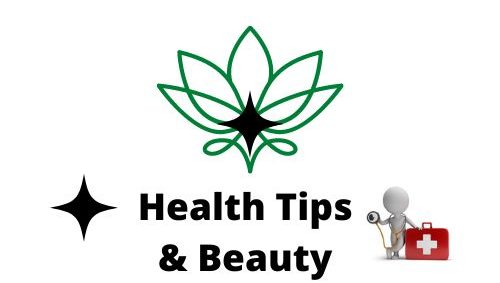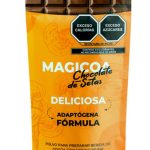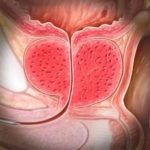As an Amazon Associate ,I earn from qualifying purchase .
The common cold and flu are some of the most prevalent viral infections, impacting millions globally each year. While conventional medicine offers several treatments, many individuals turn to home remedies to alleviate symptoms naturally and boost their recovery. This article provides an analytical overview of the most effective home remedies for cold and flu, while exploring associated questions and keywords that help in understanding these conditions.

Understanding Cold and Flu: Are They Diseases?
Is a Cold a Disease? Is the Common Cold a Disease? The common cold is caused by a variety of viruses, most notably rhinoviruses. Although it is not classified as a severe disease, it is a viral infection that impacts the upper respiratory tract. The flu (influenza), on the other hand, is more intense and is also viral in nature but caused by influenza viruses.
Cold Agglutinin Disease A separate but related condition is cold agglutinin disease (CAD), an autoimmune disorder where cold temperatures trigger the clumping of red blood cells. This can lead to complications such as hemolytic anemia and has little to do with the common cold itself but highlights the diverse range of illnesses that can be related to cold exposure.
Common Symptoms of Cold and Flu
- Runny or Stuffy Nose
- Cough and Sore Throat
- Body Aches and Fatigue
- Low-grade Fever (more common with flu)
- Headaches and Chills
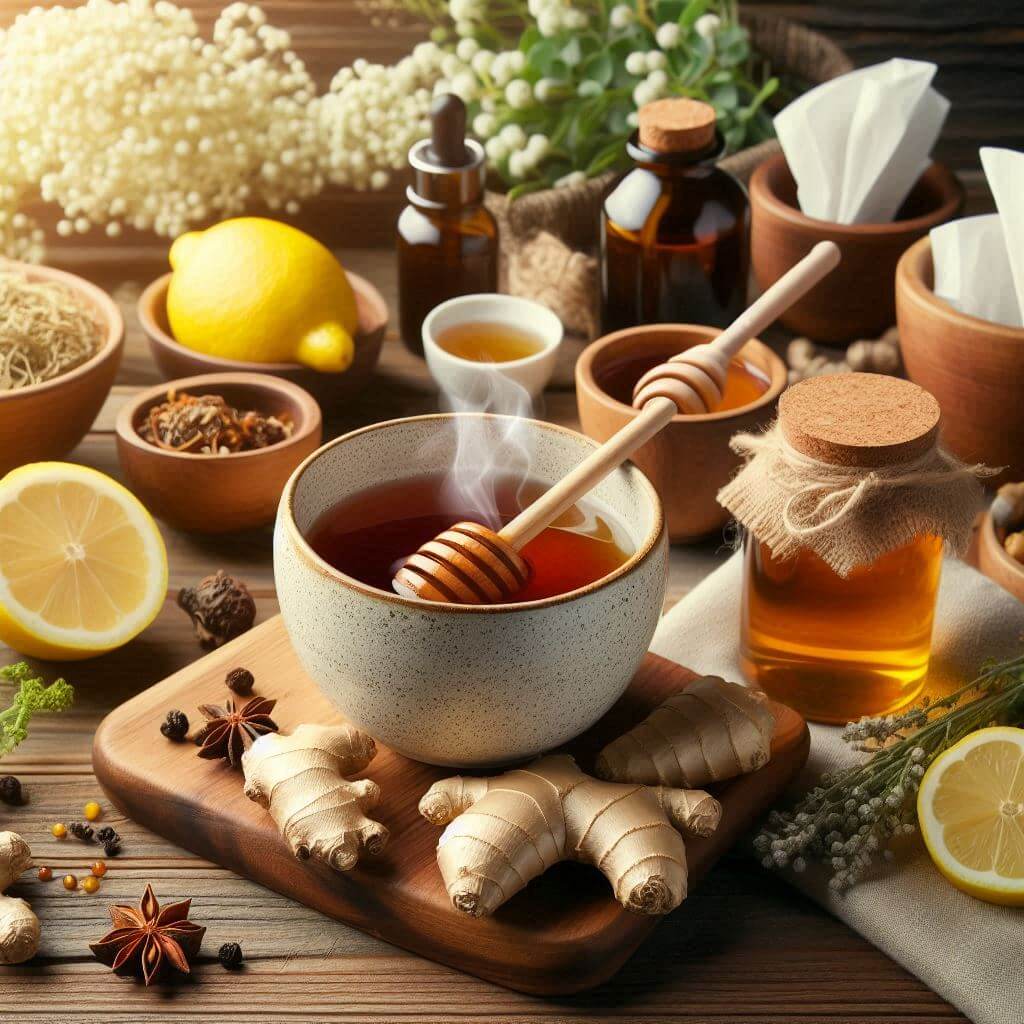
Analytical Breakdown: What Is the Best Home Remedy for Cold and Flu?
To address the keyword “what is the best home remedy for cold and flu,” we need to analyze the most effective and widely recommended natural remedies. Each remedy below is discussed with supportive evidence, so you can understand how and why they work.
A. Hydration and Its Importance
Staying well-hydrated is crucial when dealing with cold and flu symptoms. Consuming enough fluids helps to thin mucus, reducing congestion and helping with a faster recovery.
- Water and Herbal Teas: Warm fluids such as chamomile, ginger, or green tea can soothe the throat, provide antioxidants, and offer anti-inflammatory benefits.
- Broths and Soups: Chicken soup, famously known as “Jewish penicillin,” has scientific backing for its ability to inhibit neutrophil migration, which can reduce inflammation and ease symptoms.
Tip: Warm water with honey and lemon is both hydrating and soothing for the throat, while honey adds natural antibacterial properties.

B. Nutritional Support: Vitamins and Supplements
- Vitamin C
- Function: Vitamin C strengthens the immune system and can reduce the duration of cold symptoms.
- Sources: Citrus fruits, bell peppers, and broccoli are rich in this vitamin.
- Zinc
- Research Insight: Studies have shown that zinc, taken within 24 hours of the onset of symptoms, can reduce the duration of a cold by one day.
- Sources: Found in meat, shellfish, and legumes, or taken as a supplement.
C. Herbal Remedies: Time-tested Solutions
What is the Best Natural Cold Remedy? The answer often lies in herbal remedies that have been passed down through generations. Below are some of the most effective:
- Echinacea: Known to reduce the severity of cold symptoms and shorten the duration of illness.
- Elderberry Syrup: This traditional remedy has antiviral properties and has been shown to improve flu symptoms more rapidly than a placebo in some studies.
- Ginger: With natural anti-inflammatory and antioxidant properties, ginger tea or fresh ginger in warm water can reduce throat discomfort and nasal congestion.

Home Remedies for Symptom Relief
A. Steam Inhalation
Steam inhalation is effective for clearing nasal passages and easing congestion. Adding a few drops of essential oils like eucalyptus or peppermint can enhance this remedy’s effectiveness by providing antimicrobial and decongestant effects.
Method: Fill a bowl with hot water, drape a towel over your head, and inhale the steam for 5-10 minutes.
B. Honey-Based Cough Remedies
Honey is more than a sweetener; it is a proven cough suppressant. In children over one year of age and adults, honey has shown to be more effective than some over-the-counter cough syrups.
Recipe: Mix a tablespoon of honey with a squeeze of lemon juice for a simple cough remedy that can be taken as needed.
C. Gargling with Salt Water
This old-school remedy is backed by science as it helps reduce throat swelling and flushes out irritants.
Tip: Gargle with warm salt water (½ teaspoon salt in 8 ounces of warm water) multiple times a day for the best results.
Preventive Measures and Recovery Tips
While treating cold and flu symptoms is essential, preventing them in the first place should be a priority:
- Maintain Proper Hygiene: Regular handwashing and avoiding touching your face reduce the chances of contracting these viruses.
- Boost Immunity Through Lifestyle: Adequate sleep, regular exercise, and a diet rich in fruits and vegetables can enhance your immune system’s ability to fight infections.
- Cold Weather and Skin Health: Cold and flu season often coincides with dry, cold weather, which can lead to skin issues. This is relevant as colds and skin health can intersect through conditions like chapped lips and irritated noses from frequent tissue use.
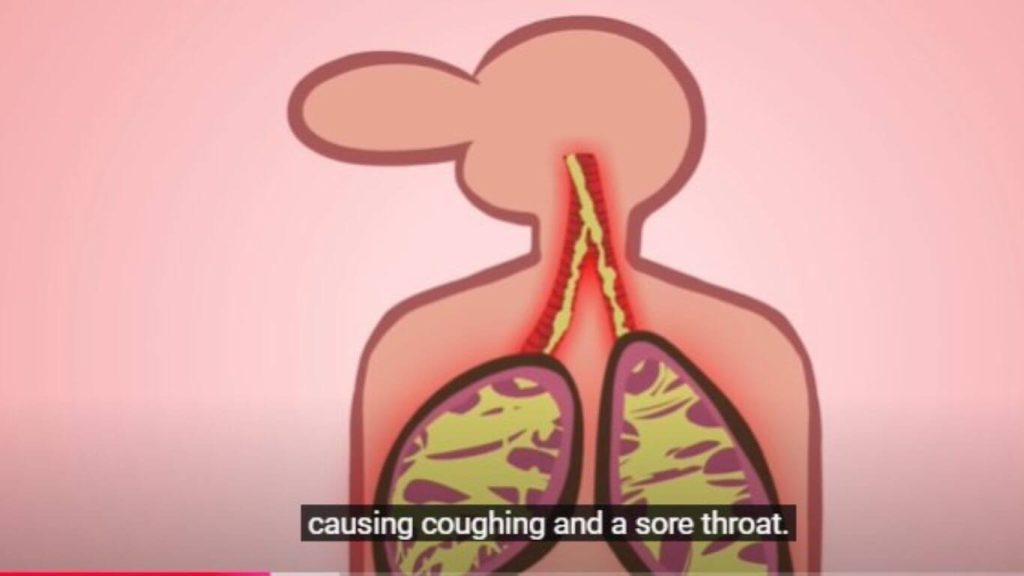
What Is the Common Cold Skin Disease? Although not a disease directly linked to the cold, dry skin, and irritations such as eczema can be aggravated during cold and flu episodes due to environmental changes and frequent nose-blowing. Using a quality moisturizer and gentle skin barrier products can help manage these issues.
Myths vs. Facts: An Analytical View
Myth: Antibiotics can treat the cold and flu. Fact: Both the common cold and flu are viral, not bacterial, and antibiotics are ineffective against them unless a secondary bacterial infection develops.
Myth: Exposure to cold weather causes the cold. Fact: The cold itself does not cause illness but may contribute to an environment where viruses spread more easily.

Conclusion
Finding “what is the best home remedy for cold and flu” involves understanding the multifaceted approach that includes hydration, natural supplements, herbal treatments, and preventive care. Home remedies are most effective when used alongside basic self-care practices such as adequate rest and nutrition. Each individual’s response to these remedies may vary, but their proven benefits make them worthwhile to try as part of a comprehensive cold and flu care plan.
Always consult with a healthcare professional if symptoms persist or worsen, as they can help determine if further medical attention is necessary.
